
Three months ago I wrote a blog about loneliness.
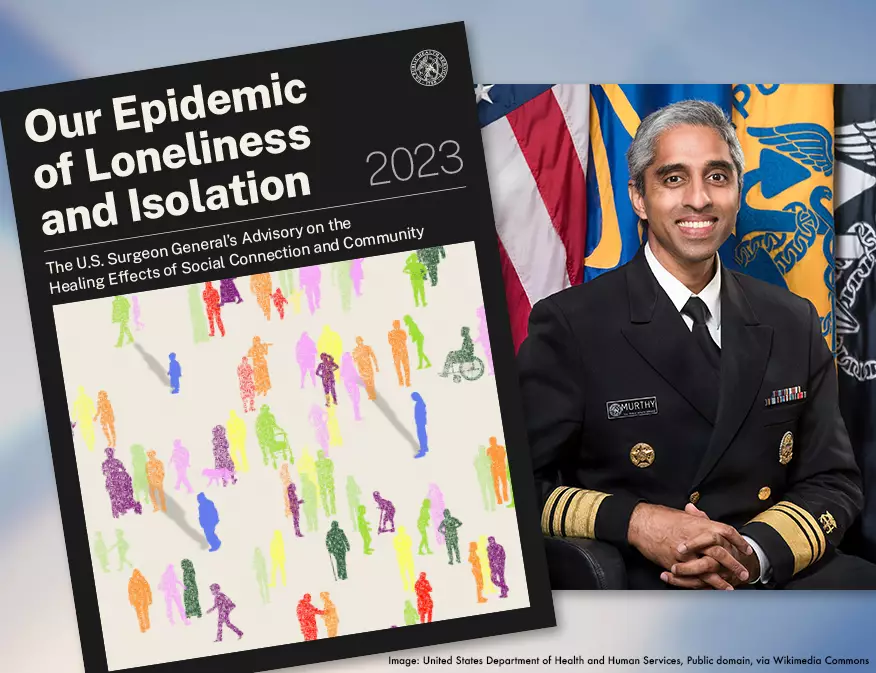
What sparked my blog was the issuance of a report on the health impact of loneliness – a detailed report by the country’s Surgeon General.
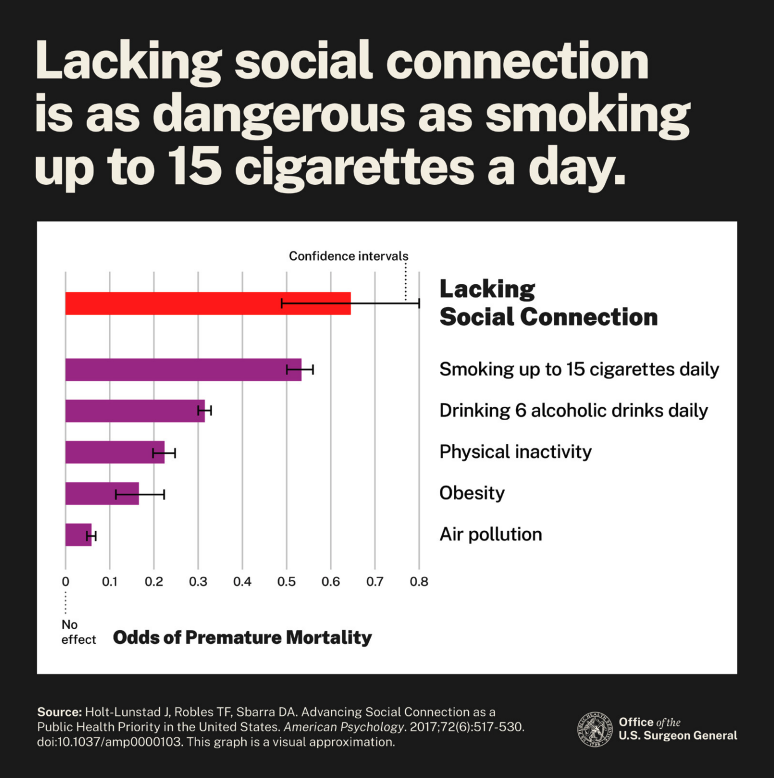
If you recall, the finding that just shocked me was that “loneliness is as harmful as smoking 15 cigarettes a day, doubling the risk of premature death and significantly increasing the risk of heart disease, stroke, dementia, depression, and anxiety,”
In that blog I attempted to point out the difference between being alone and being lonely — two concepts that are often confused but have distinct meanings.

- Being alone refers to the physical state of being by yourself, without other people around you. This can be a neutral or even positive experience, depending on your perspective. Many people choose to be alone to enjoy solitude, reflect, engage in hobbies, or simply take a break from the demands of social interaction. Being alone is about the external situation and doesn’t necessarily involve negative emotions.
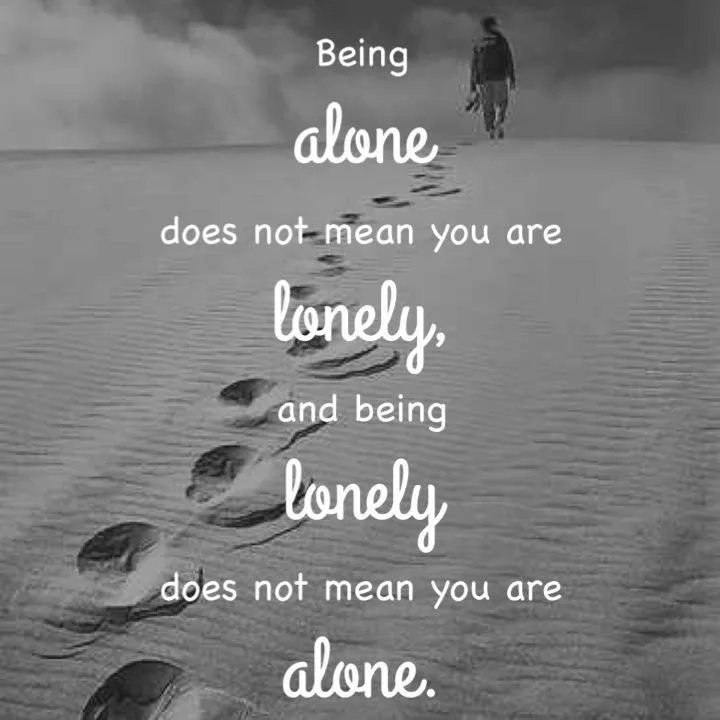
- Loneliness, on the other hand, is an emotional state where a person feels isolated, disconnected, or lacking in meaningful social connections. It is possible to feel lonely even when surrounded by people, if those connections aren’t fulfilling or if the person feels misunderstood. Loneliness is an internal feeling, often linked to unmet social needs, and it can have significant emotional and physical health impacts.
In essence, being alone is a condition that can be chosen and enjoyed, while loneliness is typically an unwanted feeling of emotional or social isolation. The key difference lies in the emotional response: being alone can be fulfilling and refreshing, but loneliness usually carries feelings of sadness or emptiness.
But something happened to me the other day that shook me a little bit. I was having lunch in a restaurant with a friend. Early on in the conversation, she told me that she was feeling lonely. Wow. That just stopped me in my tracks.
I did not know what to say. What I did know was that she was serious and that this was no time for idle chit chat or for trying to change the conversation to something else.
I stumbled through the lunch, but I was frankly ashamed at the way I responded and engaged with her. She would not have told me that she was lonely if it was not serious, and if she did not want to talk about it.
But I found myself stunned. I found myself struggling with what to say or not say. My natural instinct to be helpful was front and center, but I was not confident on what to say or do. I was a little bit in limbo.
Since that lunch I have replayed the situation many times in my mind. I felt so badly that I did not give her my best, that I did not help her as much as I could have. I also am sure that I want to be much better prepared the next time someone tells me face to face that they are feeling lonely.
Since that lunch I have done a bunch of research on how best to respond when someone tells you they are feeling lonely. I have read much and I have talked to several people.
Here is what I have come away with on how I might approach it next time.
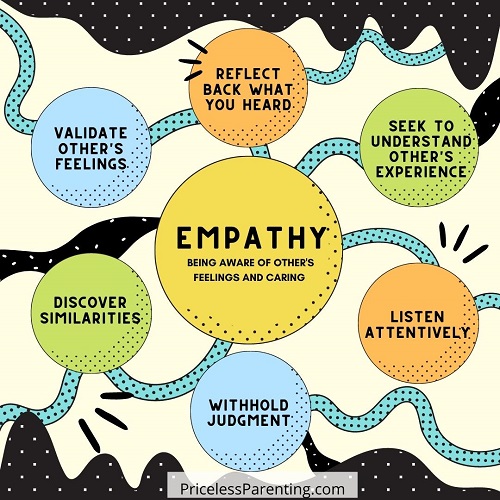
Empathy First
- Listening: Number one — the importance of listening to anyone who expresses loneliness. Often, just having someone who truly listens can be incredibly healing.
- Validation: While advice can be helpful, sometimes the best response is simply acknowledging the person’s feelings. It is important to recognize and accept loneliness as a valid emotion. It’s important to understand that feeling lonely doesn’t mean there’s something wrong with you—it’s a common human experience.
Address the Feelings of Isolation

- Ask Open-Ended Questions: This allows the individual to share more about what they’re going through. You could ask, “Is there anything specific that’s been on your mind?”
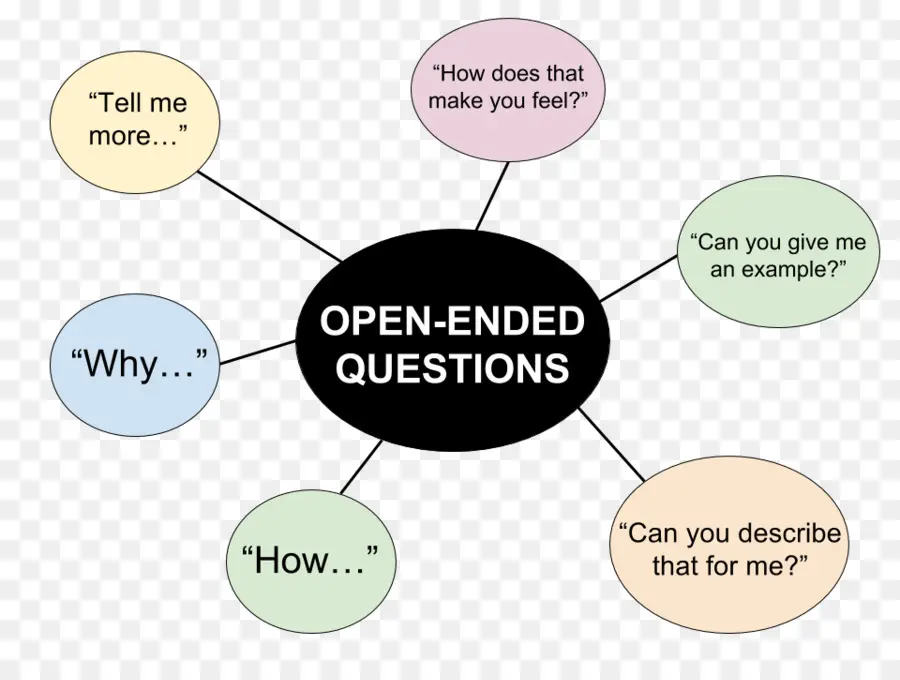
- Encouraging Self-Reflection: Suggest that the person reflect on what triggers their loneliness. Is it situational or something deeper? Sometimes, understanding the root cause can be the first step towards addressing it.
Offer Support
- You’re there for them: Let them know that. For example, “If you ever want to talk or hang out, I’m here for you.”
Take Proactive Steps to Build Meaningful Social Connections
Combating loneliness involves taking proactive steps to build meaningful connections.

- Encourage Connection: Suggest ways they might connect with others or engage in activities that could help alleviate loneliness. For example, “Have you thought about joining a group or trying out a new hobby? Sometimes connecting with others who share your interests can help.”
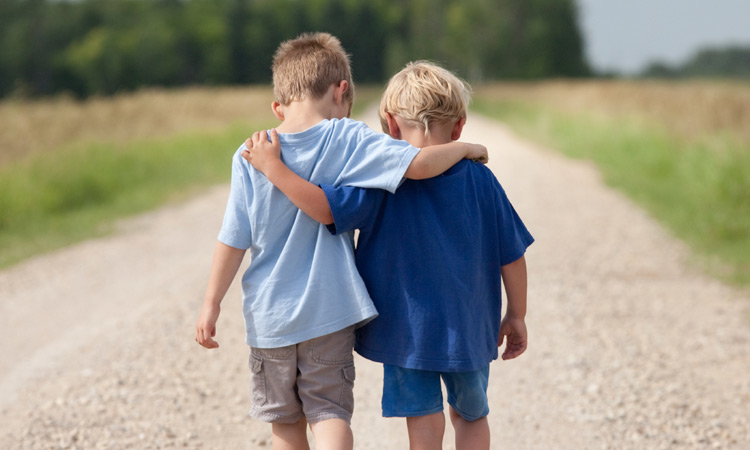
- Reach Out to Others
- Reconnect with Old Friends: Sometimes, just sending a message or making a phone call to an old friend can reignite connections. Investing time in the relationships that you already have. Regularly checking in with friends and family, planning activities together, and being present in your interactions.
- Make New Connections: Joining clubs, interest groups, or online communities that align with your hobbies can introduce you to like-minded people.
- Volunteer: Helping others through volunteer work can provide a sense of purpose and foster new relationships.
- Reconnect with Old Friends: Sometimes, just sending a message or making a phone call to an old friend can reignite connections. Investing time in the relationships that you already have. Regularly checking in with friends and family, planning activities together, and being present in your interactions.

- Technology can be helpful too: While technology can sometimes exacerbate loneliness, it can also be a powerful tool for connection. Use social media, video calls, or apps designed to connect people with similar interests to stay in touch with others.

- Pets as Companions: For some, having a pet can provide companionship and reduce feelings of loneliness. Animals can offer unconditional love and a sense of responsibility, which can be comforting.
Give Yourself to Others

- Acts of kindness: Even small ones like writing a letter or giving a compliment, can create a sense of connection and purpose, helping to alleviate feelings of loneliness.
Offer Hope
- Offer to Help: If they seem receptive, offer to spend more time with them or help them find resources, like community groups or counseling. “Would you like to grab coffee sometime this week?” or “I can help you look for some groups or activities if that would be helpful.”
- Follow Up: If the conversation feels right, you can suggest checking in with them later. “Would it be okay if I check in with you in a few days to see how you’re doing?”
The response should be warm, non-judgmental, and focused on offering a sense of connection and understanding.
Loneliness is a complex issue, but by taking proactive steps and being open to building or renewing connections, it’s possible to reduce its impact and find meaningful ways to connect with others. By balancing empathy with thoughtful guidance, it is possible to be both supportive and practical.
Bottom line. Armed with real empathy, using open-ended questions, and an understanding of the crucial importance of meaningful relationships I believe that I will be much better prepared the next time someone shares with me that they are feeling lonely.

Great advice. Was this semi re-blog spawned by the content of your 8AUG email to me?
Great advice…I hope I hear this on your podcast.